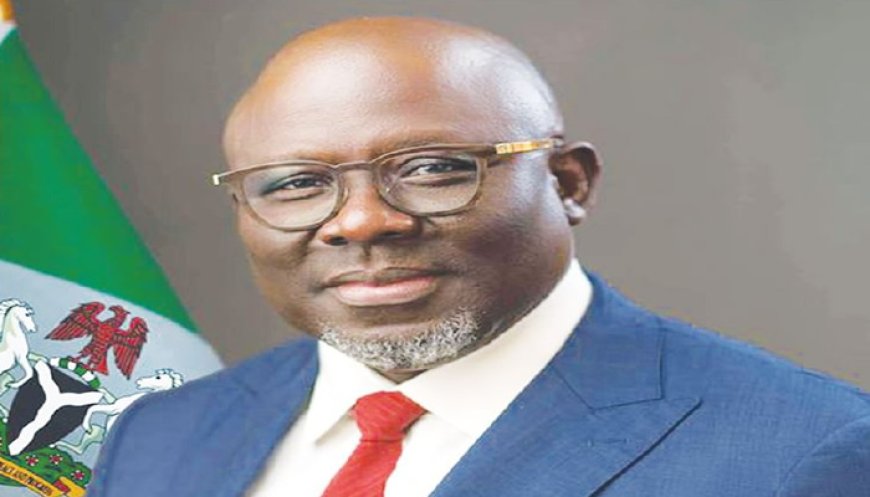Tackle age cheating in youth games, Delta gov urges NSC

The Delta State Governor, Sheriff Oborevwori, has charged the National Sports Commission to urgently address the growing problem of age cheating at editions of the National Youth Games to safeguard its credibility and ensure fairness.
Oborevwori made the call on Saturday at the Stephen Keshi Stadium, Asaba, during the closing ceremony of the 9th edition of the Games.
He said, “What began days ago with great excitement has now come to a glorious conclusion. Today, we celebrate not only the medal winners but also the triumph of sportsmanship and national pride that this festival of youth has demonstrated,” the governor said.
“The continued practice of states fielding over-aged athletes undermined the vision of the games.
NSC should urgently introduce stricter measures to restore integrity and ensure the event remains a true nursery of young talents.
Recall, the 9th edition of the National Youth Games took place from August 29 to September 6, 2025, in Asaba, Delta State, with 6,382 athletes and officials from all 36 states and the Federal Capital Territory participating in 37 sporting events.
“On behalf of the Government and people of Delta State, I congratulate every participant and wish you safe travels back to your various destinations,”
He commended the athletes for their resilience, stressing that whether they won medals or not, they had inspired the nation through their courage and determination.
Oborevwori expressed appreciation to President Bola Tinubu, the NSC, the Local Organising Committee, coaches, officials, and volunteers for their roles in ensuring a smooth and successful outing.
In his remarks, Chairman of the NSC, Mallam Shehu Dikko, represented by Chief Amaka Asiofu, Director of Grassroots Sports and General Coordinator of the Games, described the Asaba edition as “an incredible experience, marked by fair competition, determination, exciting adventures, and inspirational sportsmanship.”
He praised the Delta State Government for its robust sports development system, noting that the Games had once again provided Nigeria with a fresh pool of athletes who would eventually replace ageing national players across various sports.
He assured that the Commission would continue to implement policies to nurture the talents while promoting a sports economic ecosystem that will add value to Nigeria’s Gross Domestic Product (GDP).
Meanwhile, in the final medal table, Lagos State emerged overall winners for the first time, with a total of 110 medals comprising 52 gold, 32 silver, and 26 bronze. Delta State finished second with 114 medals (37 gold, 38 silver, and 39 bronze), while Edo State came third with 79 medals (33 gold, 18 silver, and 28 bronze).
Overall, 33 states won medals at the Games, with a combined total of 802 medals, comprising 246 gold, 236 silver, and 320 bronze.

 admin
admin 


